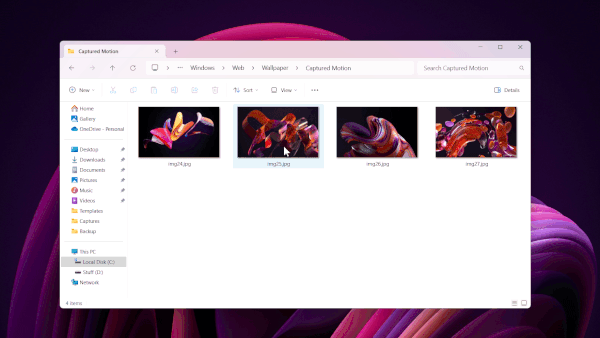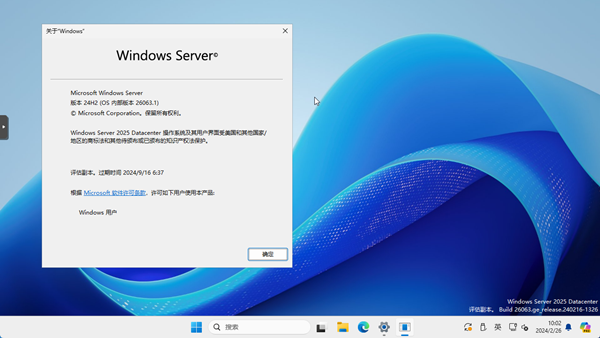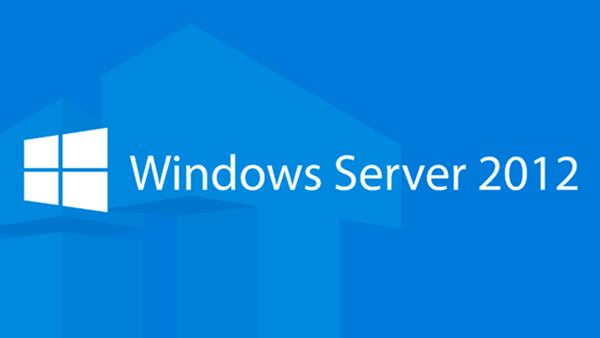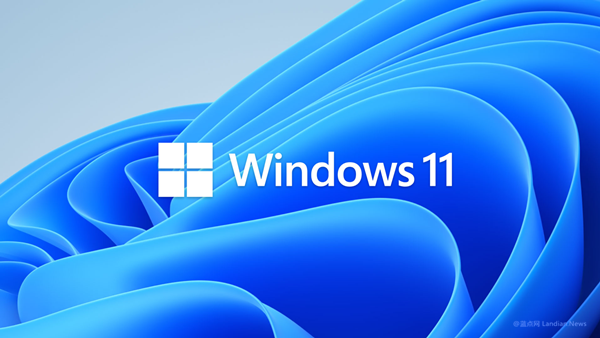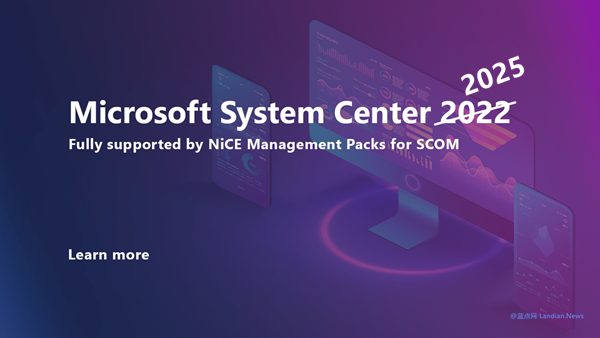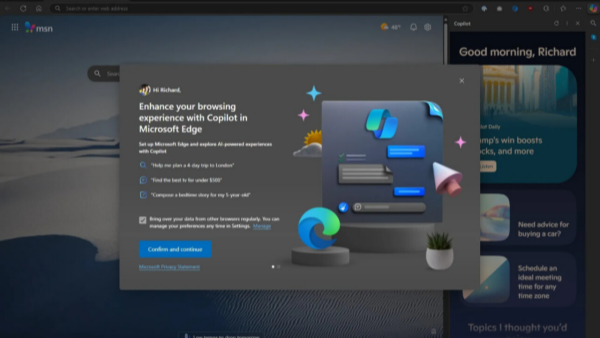Microsoft Responds to Security Concerns Over Windows 11 Recall Feature
Microsoft has recently addressed the growing concerns surrounding the security of its Windows 11 Recall functionality, an AI-powered feature designed to capture screenshots of the screen content every few seconds, analyze them, and organize the findings into a timeline. During a mid-May presentation, Microsoft emphasized that all screenshots captured by the Recall feature are stored locally, encrypted, and not uploaded to the cloud, ensuring that only the user can access the data.
Security Flaws Exposed
However, security researchers have pointed out significant flaws in Microsoft's security claims. The encryption solution mentioned by Microsoft, Bitlocker, decrypts the data as soon as the user logs into the system normally, making it accessible to any malicious software running on the user's end.
Microsoft's Response
In a recent blog post, Microsoft indirectly acknowledged the security vulnerability of the Recall feature in its current state and announced additional layers of protection. Importantly, Microsoft has decided that the Recall feature will not be enabled by default, allowing users to opt in if they choose.
New Layers of Protection
1. Windows Hello Requirement: Recall can now only be enabled with Windows Hello, ensuring that access to organized data requires authentication via fingerprint, facial recognition, or PIN.
2. Enhanced Data Security: Data will no longer be decrypted upon normal system login. Instead, it will require explicit user authentication through Windows Hello, offering an additional layer of security. Additionally, the index database is now encrypted as well.
Implications for Users
The decision not to enable the Recall feature by default represents a significant move towards protecting user privacy, acknowledging that many non-professional users may not fully understand the implications of Recall or the risks of malware infection. Moreover, the added security measures, while improving safety, still do not completely safeguard against malware, especially if it can capture data post-authentication.
Considerations for Users
Despite these enhancements, users should carefully consider whether to enable the Recall feature, given its potential privacy implications. The ability to retrieve several months of usage data in minutes can be a powerful tool but also poses a significant risk if misused or accessed by malicious parties.
Microsoft's efforts to bolster the security of the Recall feature reflect a response to valid security concerns. While the enhancements are a step in the right direction, users must remain vigilant about their privacy and security settings on their devices.

